
Latest posts
About polciv.org
This website was founded by the former Australian politician Peter Baldwin to explore issues that bear on the relationship between long-term trends impacting human civilization and current political developments (hence Politics & Civilization, polciv.org).
A particular focus during the latter months of 2023—and possibly beyond—will be a project to explore recurring suggestions that we live in a disproportionately influential period in human history. The late British philosopher Derek Parfit gave voice to this idea in 2010 by stating that we live in the hinge of history.
For information about this project, check The Project item below left on this page.
Critique
All articles on this site are open for comment and discussion. To participate and receive our newsletter complete the sign-up form and respond to the confirmation email.
Use the contact form to send a comment or inquiry about the website and check the site guide for information about other features and options on this site.
While this website makes no pretence to neutrality on the issues it raises, we welcome all contributions whether you agree or disagree with the views expressed. We encourage comments that are civil and respectful of different opinions.

The Project
When Derek Parfit made his the hinge of history claim in 2010, some found it a bit of a stretch. There is less scepticism now, with a widely held sense we are living in a historical discontinuity.
Parfit was thinking mainly of technological change, its benefits, as well as its—possibly existential—risks. But the tech acceleration is coinciding with a rapid deterioration in geopolitical conditions, as well as profound cultural changes within the West.
To explore these issues, a series of articles (listed below) will be posted here on successive Fridays starting 29 September 2023, followed by online discussions extending into the new year.
- The Hinge of History debate
- The Landscape of Existential Risk
- The Artificial Intelligence Precipice
- The Rise of the Autocratic Orchestra
- The West's War on Itself
- What Matters Most, Right Now?
For an overview of the subject matter, read the Our Moment in Time article to the right.
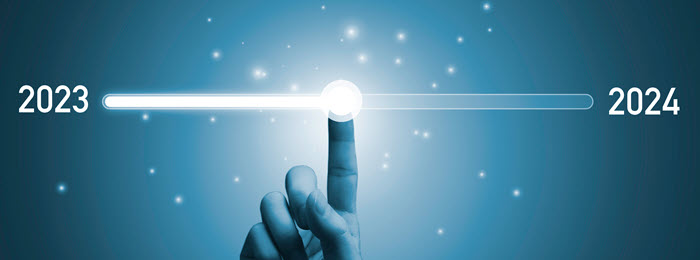
Our moment in time
This article is a preliminary survey of the range of issues that bear on the debate about whether we are living in an exceptionally influential time for the long-term prospects of humanity.
It will start with a description of the discussion triggered by Parfit’s statement. How can we possibly know, from within, whether our time is especially important? What are the implications for today’s generation?
This is heavily bound up with the question of existential risk, a term which has become a recurring figure in public policy debates, especially in connection with climate change and unaligned artificial intelligence, in the context of a deteriorating geopolitical climate.
See the panel to the left for a list of the topics to be taken up in later articles.
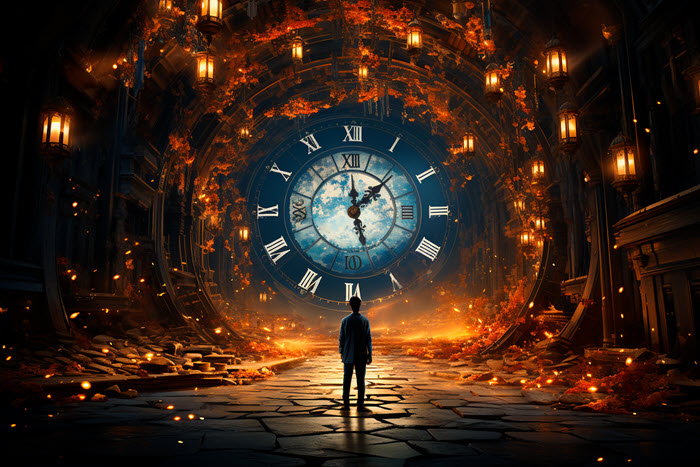
Oppenheimer's existential gamble
Chris Nolan's acclaimed new film Oppenheimer includes a dialogue between J. Robert Oppenheimer, who headed the scientific team that developed the bomb at Los Alamos, and General Leslie Groves, the military commander on the project.
The dialogue touches on the concern expressed by some of the scientists, including Oppenheimer, that detonating the bomb might trigger a chain of fusion reactions in the atmosphere that might destroy the earth.
This was a first-order existential concern, a possibility that could cause human extinction. In our time, some of the leading researchers on artificial intelligence fear that a future super-intelligent AI could pose a similar risk. What if such an intelligence emerged at a time of high geopolitical tension, like now?
(This article first appeared in the Weekend Australian on 5 August 2023)
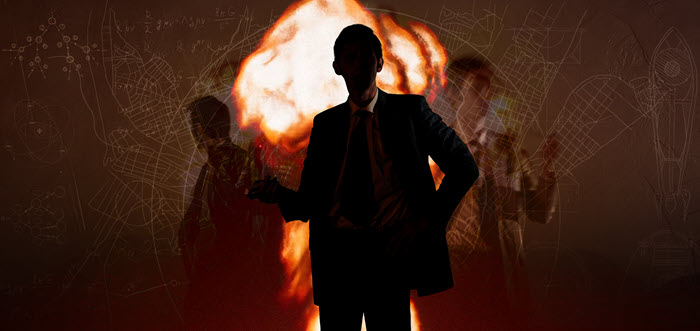
The progressive case against the Voice 2
By reintroducing racial distinctions into the text of the Australian constitution, the proposed indigenous Voice to parliament goes directly contrary to the spirit of the 1967 referendum, which was premised on strict civic equality for all Australian citizens irrespective of race.
By so doing, it would place Australia in clear breach of the International Convention on the Elimination of All Forms of Racial Discrimination. Why would a government of the centre-left think this acceptable?
(This article first appeared in the 30 September 2023 issue of the Weekend Australian)

The progressive case against the Voice 1
Is the proposal for constitutionally entrenched Voice to parliament and the executive government "progressive"? This will seem like a no-brainer to most people on the Left.
This article makes the case that, in reality, the Voice is not a progressive measure on any reasonable understanding of the term, is retrograde—indeed reactionary—and only seems comprehensible in light of an extraordinary transformation in the Left's attitude to race and racism over the last three decades.
(This article first appeared in the August 2023 issue of Quadrant magazine)
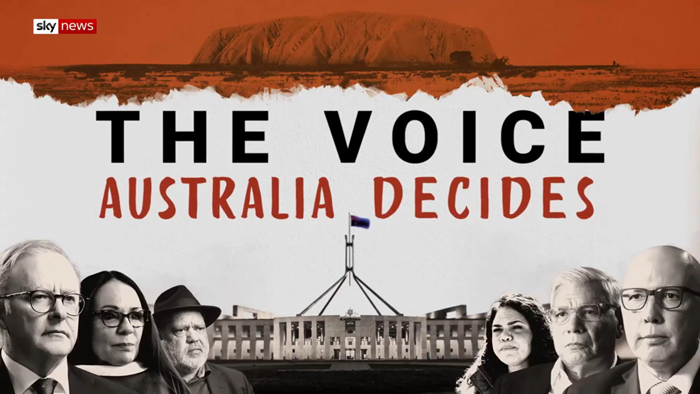
The AI revolution and Australian defence
Have the authors of the Defence Strategic Review, released in April 2023, been paying close attention to the sharp acceleration of progress on artificial intelligence over the past few years? There is little evidence that they have, going on the publicly released version of of the review, which contains just one brief mention of AI.
This is regrettable, given that AI is set to have a transformative impact across a wide range of defence technologies, including anti-submarine warfare, with submarines relying on their stealthiness in deep oceans.
(This article first appeared in the Weekend Australian on 6 May 2023)
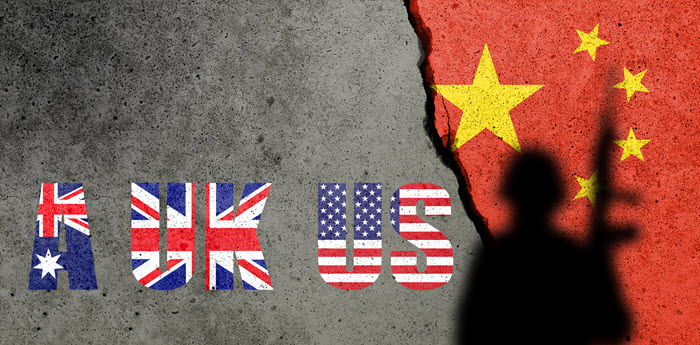
Bridging Australia's missile gap
In April 2023 the government released the public version of the report of the Defence Strategic Review it commissioned to recommend changes to Australia's defence force in light of the CCP regime's massive arms buildup and revanchist policies.
Critics questioned the adequacy of the review, the lack of proposals to acquire sufficient long-range missiles and the air and sea platforms needed to launch them.
But have the defence planners overlooked a powerful but cost effective option that makes feasible the repurposing of Australia's fleet of military cargo planes as missile launchers?

What is this strange thing called the "Left"? Part 1
Ponder this thought experiment. Suppose a left-wing activist circa 1970 was put into a deep sleep like Rip Van Winkle, and woken up in our own time. What might such a person make of what counts as being "left-wing" or "progressive" nowadays, given the Left's wholesale embrace of identity politics during his/her long slumber?
This article argues that such a person would likely find the currently fashionable "woke" variant of leftism not just deeply strange but profoundly reactionary, the antithesis of what leftists used to believe about matters like race, racism and human universality.
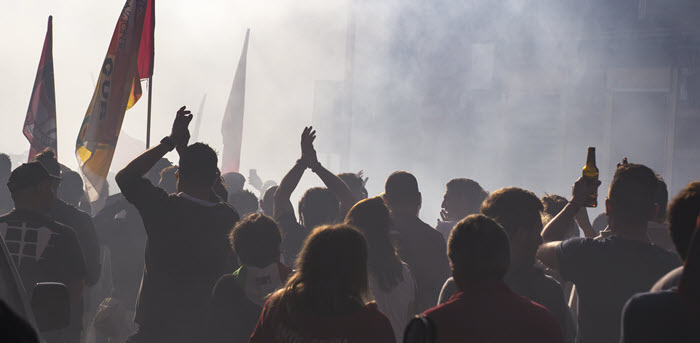
What is this strange thing called the "Left"? Part 2
The generational radicalization of the 1960s led to the emergence of a New Left that seemed to many to represent a clear break with the totalitarian impulses of the old Marxist-influenced movement. Theorists like Herbert Marcuse called for a "long march through the institutions" to radicalize the wider society.
The success of this long march would have astounded its early advocates. But what has it wrought? This article contends that the result, ironically, is a form of "leftism" with which the wealthy and powerful are completely comfortable.
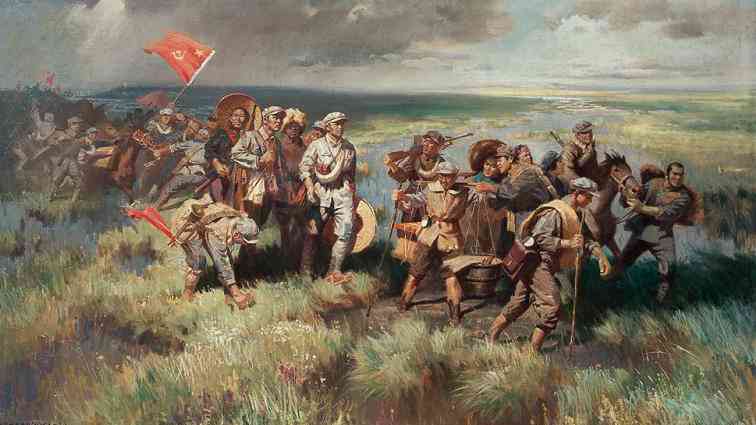
The CCP and the moral corruption of Western elites
Western elites—especially the heads of the most powerful corporations—are very keen to display their virtue and commitment to social justice in relation to domestic issues.
But what becomes of their commitment when confronted by a rising totalitarian power with which their businesses have become closely intertwined and dependant?
This article draws on some astounding and disturbing revelations in a newly released book to suggest that all that moral exhibitionism, all that commitment to social justice, dissipates like so much chaff in the wind.
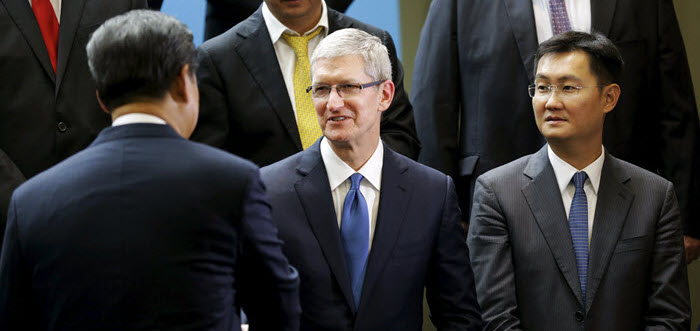
The great social media mind-meld
Freedom of speech has long been a core value of the liberal democracies, and nowhere has it been more strongly protected than in the United States, with its constitutional First Amendment prohibiting government, but not private sector entities, from abridging freedom of speech or expression.
But, has this protection been fundamentally undermined with the rise of digital media dominated by a handful of corporations with near monopoly dominance, and able to arbitrarily censor anything appearing on their platforms—a power ironically protected by the First Amendment.
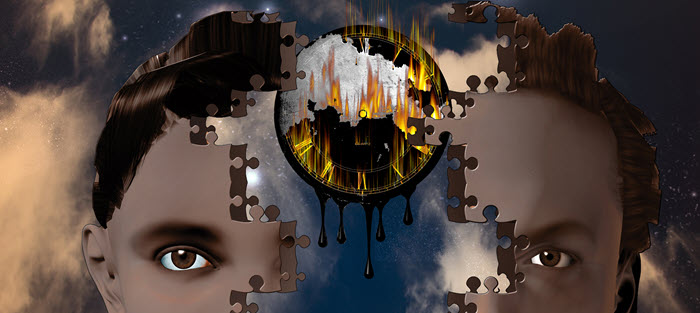
Critical race theory in Australia
Critical Race Theory originated in corners of American academia in the 1970s, but has become enormously influential since, along with its sub-discipline of "whiteness studies". Inevitably, intellectual notions that start in the US tend not to remain within its borders, and we now see this CRT shaping debates about race in Australia in academia and beyond.
This article describes some of the pernicious effects of this, especially the pathologization of "whiteness" and the conceit of CRT practitioners that they can label statements or artefacts such as cartoons as racist, and designate the matter as "not debatable".
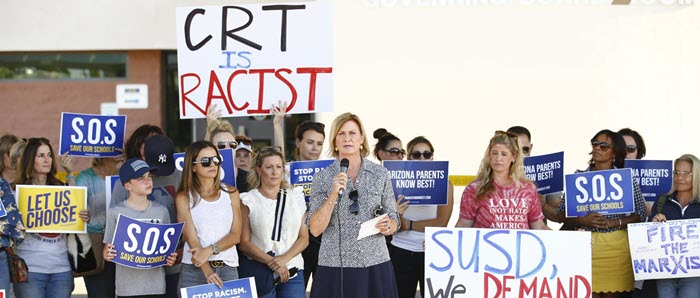
AI and the spectre of global totalitarianism
The last few years have seen a growing debate among scientists, philosophers and others about "existential risks", developments with the potential to cause human extinction or civilizational collapse. The recent acceleration of progress on artificial intelligence has added a new level of urgency to this discussion.
One such risk is the prospect that AI could enable a surveillance state beyond even the dystopian imagination of George Orwell, capable of monitoring all aspects of its citizens lives: A new, perfected form of totalitarianism. What are the implications? What if it could achieve global reach?

How the CCP shaped the Covid debate
The previous article described the prospect of the CCP regime in China emerging as a potential global totalitarian hegemon able to harness the latest technologies to monitor every aspect of its people’s lives and gain the ability to detect and stifle nascent dissent before it can begin to get organized.
What could this mean? A sinister foretaste is the CCP's attempts to leverage its economic and financial power to constrain, censor and control debate about the origins of Covid-19 beyond its own borders, including the Western democracies with, until recently, surprising success.

Existential risk, climate change and "The Borg"
Earlier articles on this website reviewed the growing literature on catastrophic risks that may threaten humanity in the present century, focussing on one in particular—the emergence of the CCP regime in China as a technology-empowered global totalitarian hegemon.
In this article he describes the CCP’s “dual circulation” vision of a restructured global economy that would tie the outside world to it in a relationship of growing dependency.
How does the West’s planned shift to renewables to address climate change sit with this plan? Could it facilitate the rise of the hegemon?

Turning back the Woke tide
We live at a time when the identarian ideology has conquered all the major cultural institutions of our society, even infecting the corporate sector, especially the social media giants that control access to the digital public square.
How should those who are appalled by this development respond? Peter Baldwin addresses this question in a two-part video presentation titled Turning back the Woke tide made for the Ramsay Centre for Western Civilization.
The self-loathing civilization
What happens when a civilisation starts to loathe itself? To loathe itself with a quasi-religious fervour?
When its citizens, who may have committed no crime and oppressed no one, feel obliged to get down on their knees in a gesture of expiation for historical wrongs?
Peter Baldwin explores this issue in an article that first appeared in the Weekend Australian.
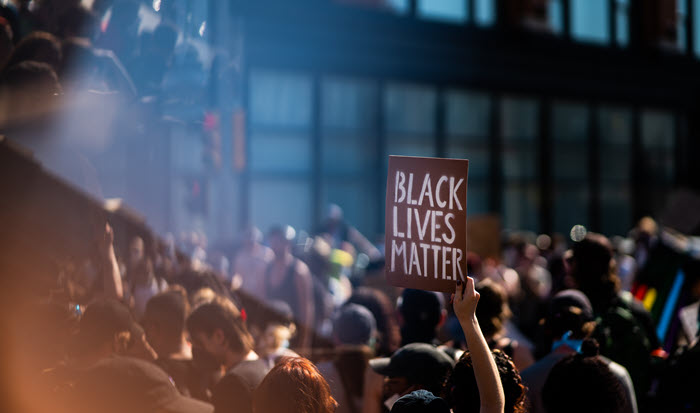
Read the article or read an extended treatment of this topic by the same author.